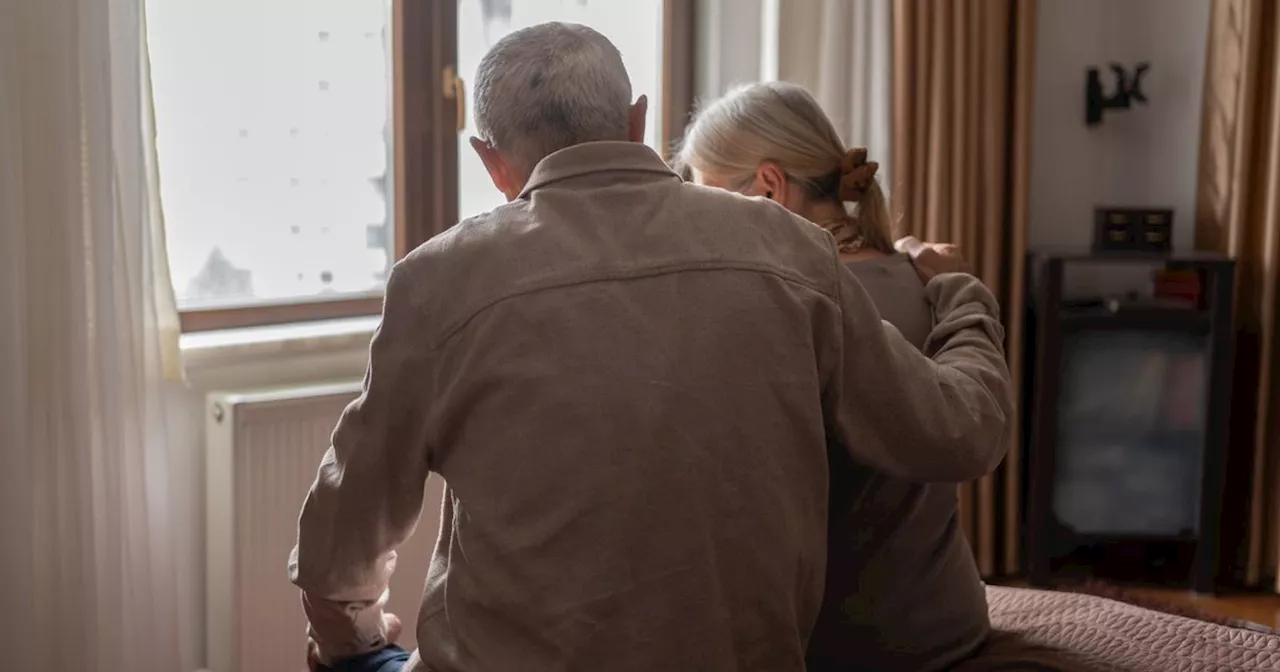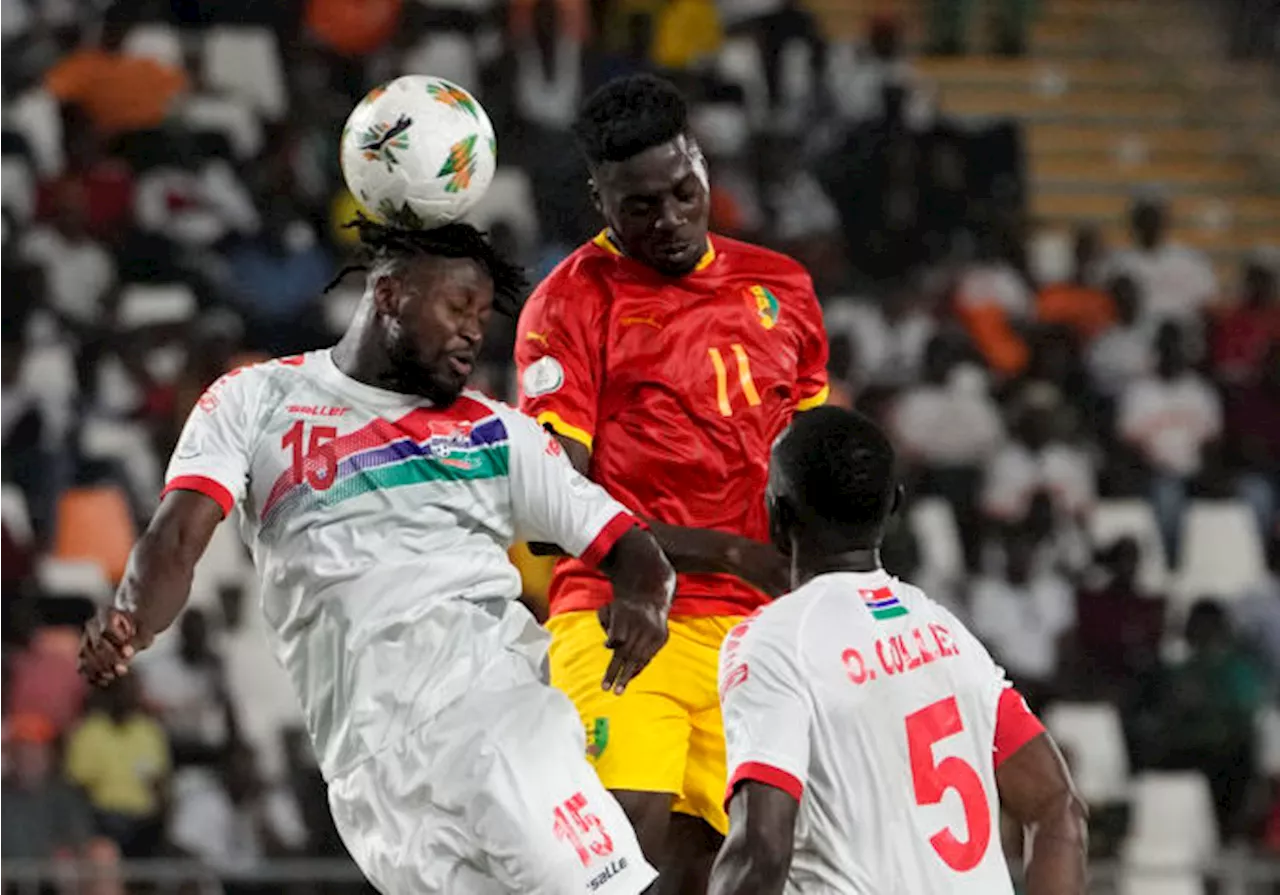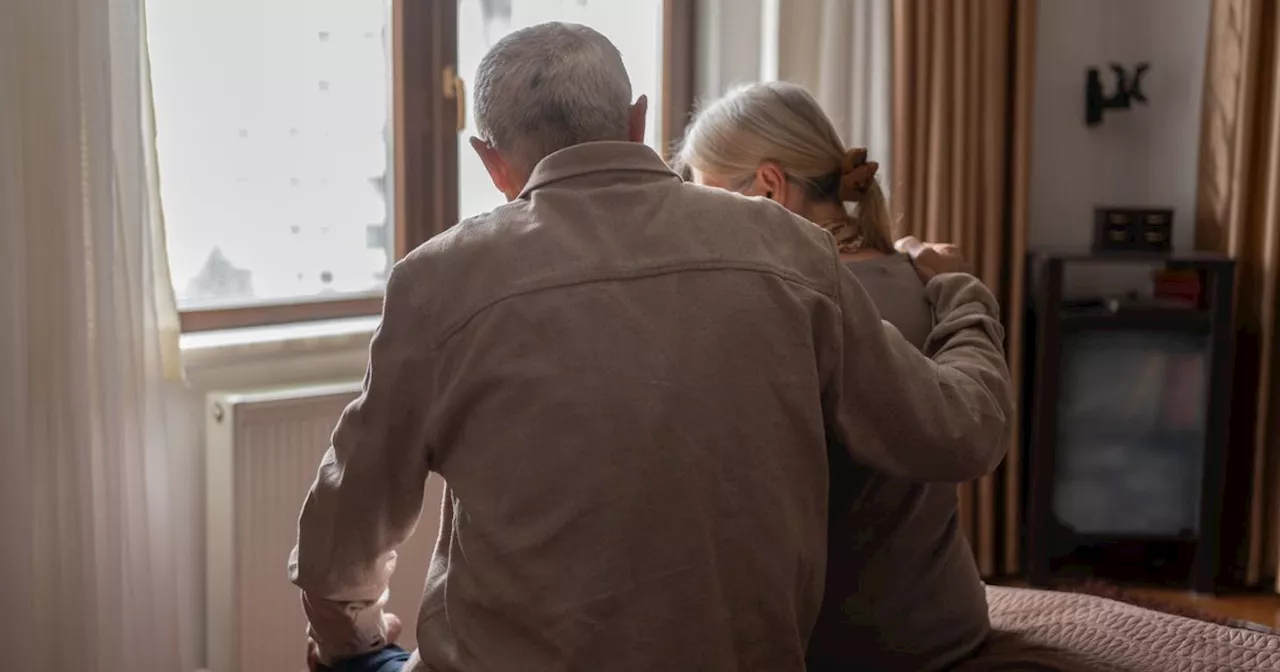Former Hull City striker Dean Windass' dementia diagnosis at 55 highlights the concerning issue of neurodegenerative diseases among retired footballers. Campaigners are pushing for greater action from football authorities, including the establishment of a comprehensive dementia strategy and a dedicated care fund.
Dean Windass ' dementia diagnosis was revealed on Friday as campaigners sought to bring political pressure to bear on football to tackle neurodegenerative disease among former players. The 55-year-old former Hull, Bradford and Aberdeen striker was diagnosed with stage two dementia last year but it only came to light on Friday morning, with ex-Manchester United defender David May revealing the news with Windass’ blessing during a BBC Breakfast interview.
Windass, whose goal sealed Hull’s promotion to the Premier League in 2008, posted on X: “Seriously I am ok was delighted to find out I had a brain. Just hope other families get the help what they want for the people they have lost.” He told The Mirror: “My phone has gone mad because everyone thinks I’m dying. I’m not dying. I’m all right. “I’m honestly fine. I’m not dying. I could walk out my front door and get run over. People don’t need to worry about me, it’s fine. “I don’t know what’s going to happen in five years or tomorrow. I just get on with it. “ The diagnosis at such a young age for Windass has brought home the reality that this remains a major problem in football. Advertisement The Football Families for Justice (FFJ) campaign has the support of former England captain David Beckham, and is now seeking to secure an amendment to the Football Governance Bill which would give the independent regulator the power to make it a statutory duty on the football authorities to develop a comprehensive dementia strategy, including a care fund agreed with affected players and their families. Greater Manchester Mayor Andy Burnham and the Mayor of the Liverpool City Region Steve Rotheram, who have campaigned for justice on other issues in the past including the Hillsborough disaster, have given their backing to the cause. Burnham says it is crucial dementia in football be recognised as an industrial disease, and urged ex-players present at a meeting in Manchester to “get into fighting mode” with the campaign set to head to the House of Commons in the spring. “You always have to fight hard to correct injustice, and I do think this is an injustice,” he told the PA news agency. “People hear the word ‘footballer’ today and it conjures up a certain kind of person, lifestyle, car, all the rest of it. These were people who played the game in the 50s, the 60s, the 70s, the 80s. It was a very different game in those days, but they built it into this multi-billion pound industry that it is today. “When anything involves money, it involves a fight often. But I know football well. I know there are fundamentally decent people throughout football at every single level, and I would go as far as to say 99 per cent of them would say, ‘Yeah, hang on a minute, more needs to be done’.” Burnham described football’s approach to the issue so far as “piecemeal” and believes it is incumbent on football to take it on collectively. The Football Association and the Professional Footballers’ Association (PFA) co-funded arguably the single most important piece of research which informs the debate on dementia in football, the FIELD Study. It found in 2019 that footballers were three and a half times more likely to die of neurodegenerative disease than age-matched members of the population, and in an update to the study last year found that general lifestyle factors did not account for that increased risk. The PFA and the Premier League set up the Football Brain Health Fund in September 2023, worth an initial £1million, a figure FFJ leader John Stiles — the son of Nobby Stiles — described as a “pittance”. A postmortem on Nobby Stiles’ brain found he had chronic traumatic encephalopathy (CTE), a progressive neurodegenerative disease associated with repetitive head impacts. Stiles described the PFA as “morally bankrupt” and added: “Football’s so wealthy they could sort this out tomorrow, but we’re nowhere near getting that. I am so glad these gentlemen (Burnham and Rotheram) are going to take it on to another level. “The current fund is a PR exercise to avoid expensive long-term costs. This is football’s problem, football should be paying for it. Not the NHS, not the taxpayer.” As well as funding research, the FA is also working to remove deliberate heading from youth football up to U11s by 2026 and has introduced rules on high-force headers in training at all levels of adult football to reduce the risks to individuals. The PFA has been approached for comment. A spokesperson for the Department of Digital, Culture, Media and Sport (DCMS) said: “The safety and well-being of everyone taking part in sport is absolutely paramount and the government understands there are ongoing concerns around this issue. “While the FA is responsible for protocols surrounding the health and safety of players across the various levels of the game in England, in conjunction with competition organisers like the Premier League, the government expects it to be a priority for the football authorities and for them to continue to collect and analyse any emerging evidence on this matter.
Dementia Football Neurodegenerative Disease Dean Windass Football Families For Justice Andy Burnham Steve Rotheram FIELD Study Football Brain Health Fund
Ireland Latest News, Ireland Headlines
Similar News:You can also read news stories similar to this one that we have collected from other news sources.
 Dementia Survival Rates: What to Expect After DiagnosisA new study reveals the average survival time for people diagnosed with dementia, ranging from two to nine years. Age is a key factor, with men diagnosed at 65 surviving an average of 5.7 years, compared to 2.2 years for those diagnosed at 85. Women generally have shorter survival times due to later diagnoses. The study also explores the average time before patients move to a nursing home, which is 3.3 years after diagnosis.
Dementia Survival Rates: What to Expect After DiagnosisA new study reveals the average survival time for people diagnosed with dementia, ranging from two to nine years. Age is a key factor, with men diagnosed at 65 surviving an average of 5.7 years, compared to 2.2 years for those diagnosed at 85. Women generally have shorter survival times due to later diagnoses. The study also explores the average time before patients move to a nursing home, which is 3.3 years after diagnosis.
Read more »
 Should we ban headers during football matches due to dementia links?Heading the ball can cause dementia, a new study has found – so should we ban heading the ball?
Should we ban headers during football matches due to dementia links?Heading the ball can cause dementia, a new study has found – so should we ban heading the ball?
Read more »
 Ask Jennifer: My husband of 37 years has dementia and I'm struggling to copeMy daughter thinks I should investigate putting her dad into care, but he’s always said that he’d hate to end up in a home. It would also make me feel lousy for abandoning him
Ask Jennifer: My husband of 37 years has dementia and I'm struggling to copeMy daughter thinks I should investigate putting her dad into care, but he’s always said that he’d hate to end up in a home. It would also make me feel lousy for abandoning him
Read more »
 Dementia Survival Rates: Factors Influencing Life ExpectancyA new study reveals the average survival time after a dementia diagnosis, highlighting the significant impact of age and other factors. The research also explores the time before patients require nursing home care.
Dementia Survival Rates: Factors Influencing Life ExpectancyA new study reveals the average survival time after a dementia diagnosis, highlighting the significant impact of age and other factors. The research also explores the time before patients require nursing home care.
Read more »
 Dementia film Don't Forget to Remember part of National Gallery eventThe documentary Don’t Forget to Remember features in an exploration of family memories of loved ones with dementia through art and film at the National Gallery
Dementia film Don't Forget to Remember part of National Gallery eventThe documentary Don’t Forget to Remember features in an exploration of family memories of loved ones with dementia through art and film at the National Gallery
Read more »
 The year of hope: ‘Exciting’ advances achieved in search to reverse Alzheimer’s diseaseMerits of simple lifestyle changes to curb risk of dementia have never been so compelling
The year of hope: ‘Exciting’ advances achieved in search to reverse Alzheimer’s diseaseMerits of simple lifestyle changes to curb risk of dementia have never been so compelling
Read more »
